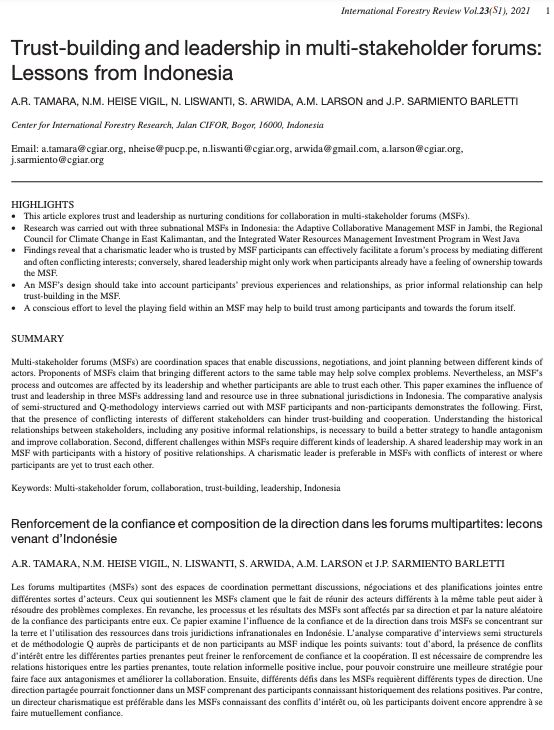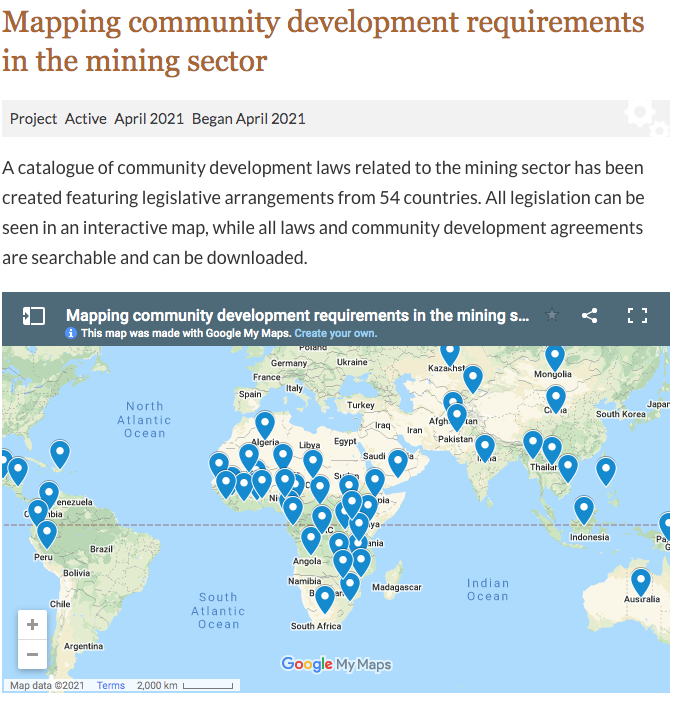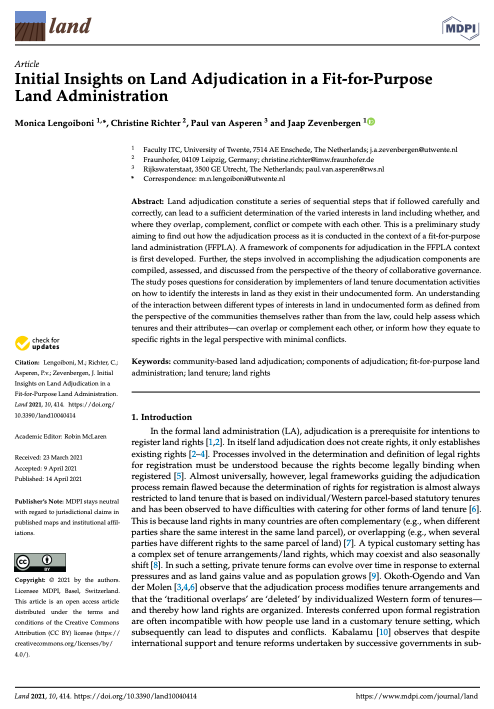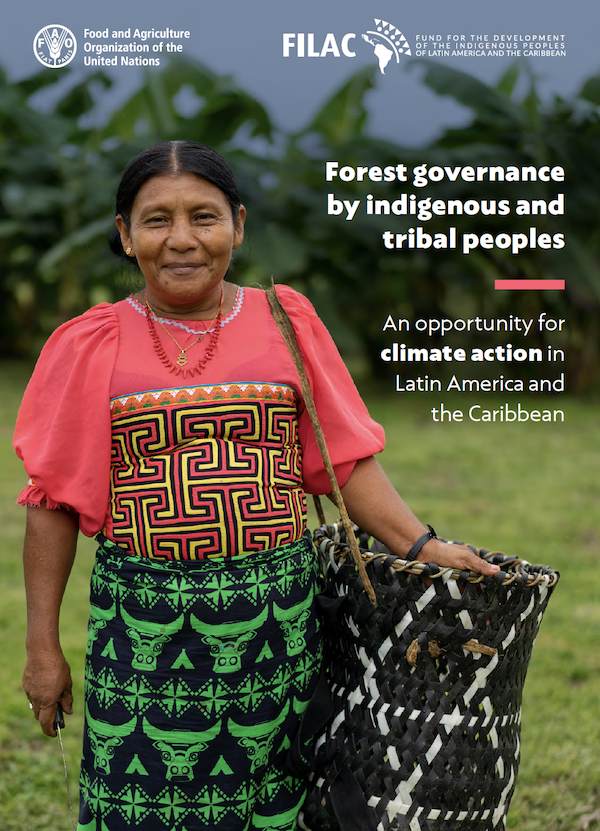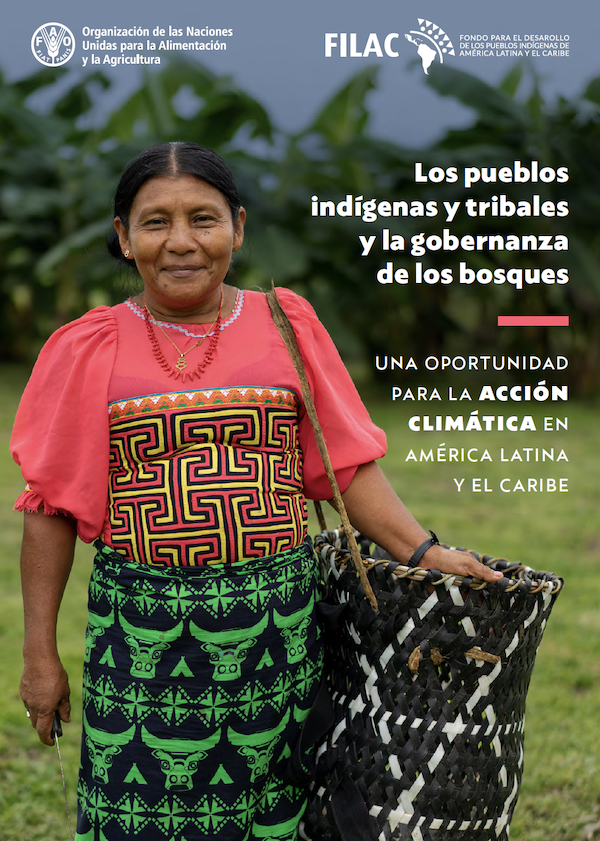Land, Law and Chiefs in Rural South Africa analyses contestations of power and control over land through the lens of local case studies in the densely settled former African ‘homelands’ or Bantustans. These were areas reserved for African occupation by the apartheid government and when the ANC came to power in 1994, they were the poorest and least developed parts of the country. Over the last few decades, mineral deposits have been exploited and some are located close to the boundaries of rapidly expanding cities, such as Durban, where peri-urban land is at a premium.





